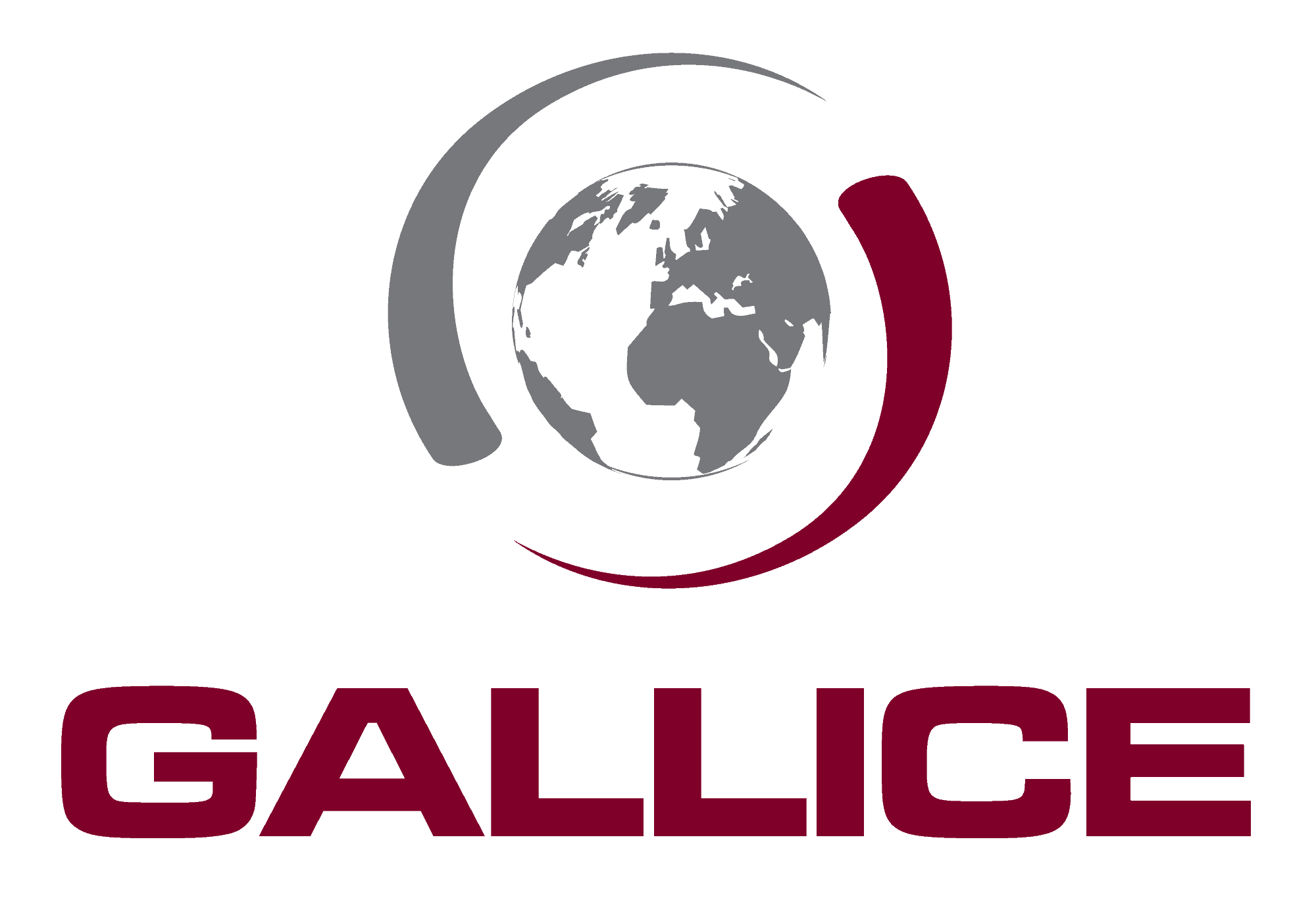FRANCE
In 2025, France remains a stable democratic country, a key member of the European Union and a major player on the international stage. However, it is experiencing a period of heightened political polarisation, persistent social tension, and a strained security climate.
Politically, the government led by François Bayrou, under the presidency of Emmanuel Macron (whose second term ends in 2027), must contend with a relative majority in the National Assembly, making governance difficult. The political climate is tense, with strong opposition from both the far-left (La France Insoumise) and the far-right (Rassemblement National), which is currently leading in the polls ahead of the 2025 European elections.
Debates around immigration, security, Islam, and the authority of the state continue to dominate media coverage and social media discourse, amid growing public distrust of institutions.
In terms of security, France remains exposed to a persistent terrorist threat, although less active than at the height of 2015–2017. Isolated attacks, often "low-tech" in nature (stabbings, vehicle rammings), were carried out in 2023 and 2024. Vigilance remains high around places of worship, public buildings, and major public gatherings.
The country also experiences regular social unrest. Protests against the pension reform (2023), inflation, and the agricultural crisis (2024) have occasionally turned violent, particularly in Paris, Nantes, Toulouse, and Rennes. The activist group “Les Soulèvements de la Terre” has staged direct actions against projects deemed “ecocidal” (such as mega-reservoirs and logistics infrastructure). Major events are now frequently, if not systematically, accompanied by outbreaks of violence and looting.
Urban violence, such as the unrest in Nanterre in June 2023 following the death of a young man during a police stop, has highlighted tensions between some working-class neighbourhoods and the police. Issues relating to the banlieues, urban poverty, and structural racism remain at the heart of France’s social divisions. Over the past decade, these movements have become increasingly hardened, with rioters showing more organised and structured tactics.
Regarding crime, major cities such as Paris, Marseille, and Lyon experience higher crime rates, particularly involving theft, assault, burglary, and drug trafficking. Tourist areas in Paris (Montmartre, the Champs-Élysées, Gare du Nord) are especially prone to pickpocketing.
Nevertheless, France benefits from a well-structured security apparatus, efficient intelligence services, and a high level of cybersecurity vigilance — particularly in the context of ongoing international tensions (Ukraine, Gaza, Red Sea).
France also regularly and successfully hosts major international events (Olympic Games, Rugby World Cup, diplomatic summits), which prompt significantly heightened security measures in affected areas, due to the risk of targeted attacks or incidents related to large crowds.
In summary, the country remains safe for travellers, provided they remain vigilant in sensitive areas, follow local advice, and avoid unauthorised political gatherings.
